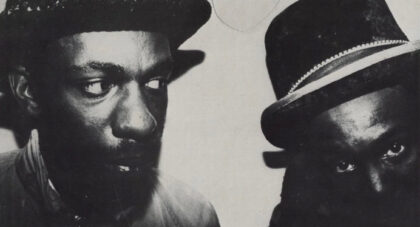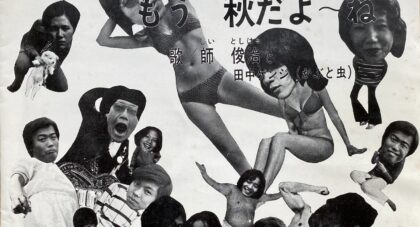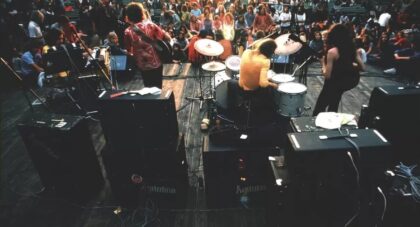Following the demise of his former band, Verbena, in 2007 AA Bondy re-emerged with an amazing solo debut, American Hearts, that dug deep into the hidden folk, country and blues tendencies that had always existed below the distortion of his old band. Last week saw the release of the follow-up, the equally beautiful become a member or log in.


